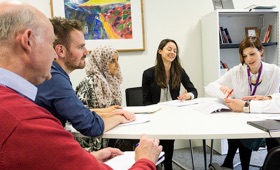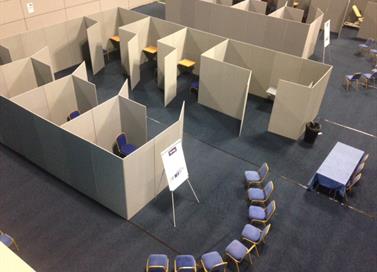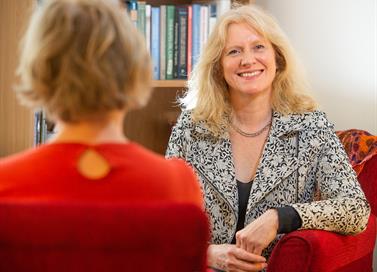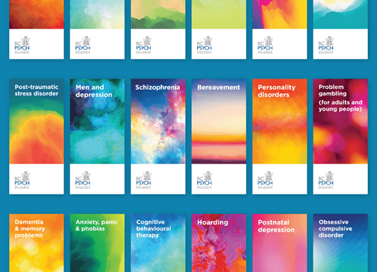Page not found
Sorry – we can’t find the page you’re looking for.
It’s possible that this page may have been removed or its location may have changed. Use the search bar in the top right-hand corner of the page to search our website by keyword or try following some of our most popular links below.









